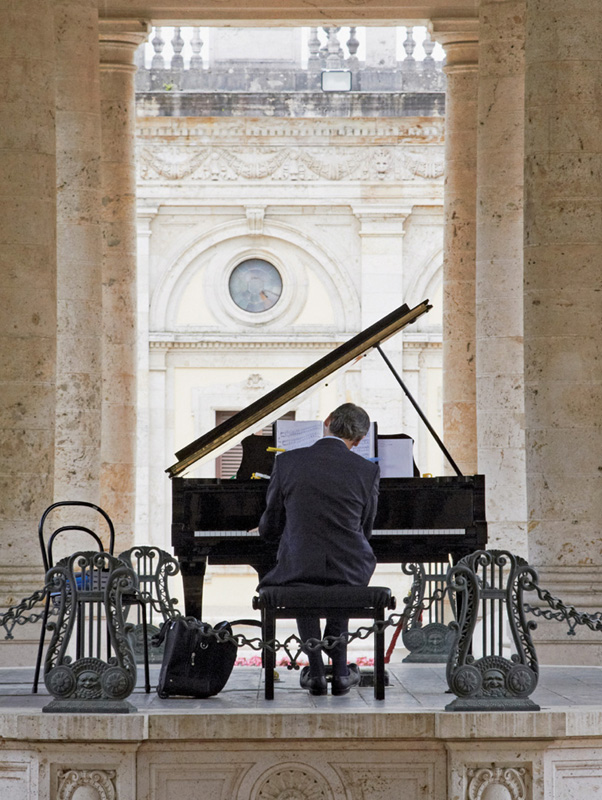
WHAT IT IS Learning one of the most challenging pieces of music ever written
WHY YOU WON’T DO IT This is not only a test of your pianist’s skills, but also an examination of your very soul
You might feel that once you’ve mastered ‘Chopsticks’, the piano has no further musical challenges left to offer you. But many classically trained pianists agree that the pinnacle of difficulty actually lies in mastering the fiendish Third Piano Concerto of Russian composer Sergei Rachmaninoff.
Composed in 1909, Rachmaninoff’s Piano Concerto No. 3 in D Minor (Op. 30, for those who care about such things) has three movements. He dedicated the work to the Polish-American pianist, Josef Hofmann, but Hofmann never actually played it in public as he considered it wasn’t for him. So who actually is it for?
As you might have guessed, this is not a piece for beginners. You will need many years of experience behind you before it is even worth attempting. But conversely, some of the greatest pianists have believed it’s best to take it on while you still have youth on your side. As Gary Graffman (the American musician perhaps best known for his rendering of Gershwin’s ‘Rhapsody in Blue’ for Woody Allen’s Manhattan) said, he wished he’d learned the piece when he was ‘still too young to know fear’. If you want to understand what he meant, watch Shine, the 1996 Oscar-winning movie starring Geoffrey Rush as schizophrenic musical prodigy David Helfgott, whose attempts to master the piece led to a breakdown.
You will need big hands. Rachmaninoff had them and, as the old saying goes, big hands are an indicator of … an ability to span a lot of piano keys. In simple terms, Rachmaninoff crammed a lot of notes into every bar, so you will need to build up the muscle memory in your fingers to hit them all. Stamina is also essential: the piece lasts a good half-hour, and the pianist barely takes a pause for the duration. In addition, the music is unpredictable from moment to moment and you will need to employ your full concentration. And alongside technical ability, you’ll also need passion and personality. This is an emotionally draining piece.
Don’t worry if you don’t get it all right. Consider the wise words of the comic genius Eric Morecambe responding to criticism from composer André Previn: ‘I’m playing all the right notes … but not necessarily in the right order.’ And if you do manage to get to grips with Concerto No. 3, why not move on to No. 2, which even Rachmaninoff himself famously found ‘uncomfortable to play’?